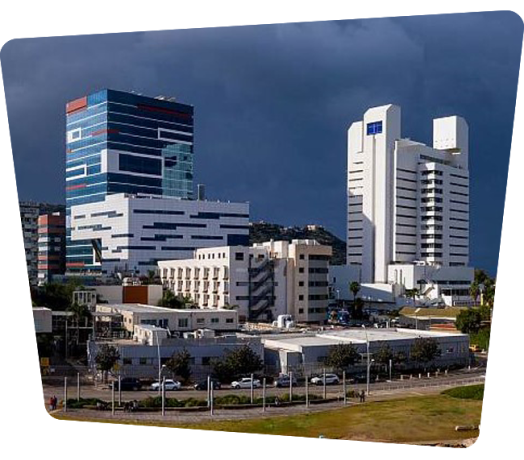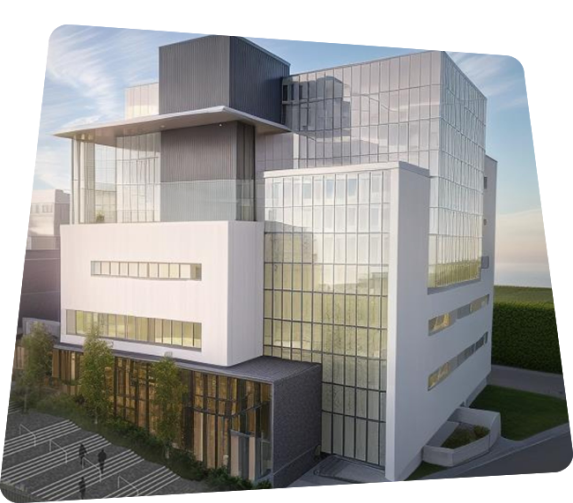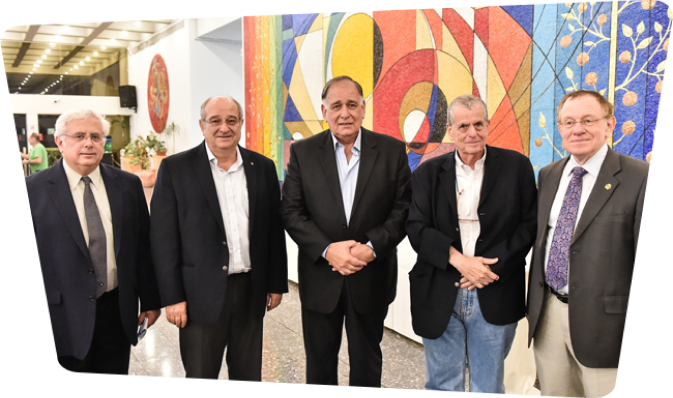About
Our History

The Bruce and Ruth Rappaport Cancer Research Center (RTICC) was established in 2014 as an expansion of the pioneering David and Jennet Polack Center for Vascular and Cancer Biology at the Technion’s Faculty of Medicine. Over the past ten years, the Center, which is adjacent to the Technion’s Rappaport Family Faculty of Medicine and the Rappaport Research Institute, has trained hundreds of graduate students, post-doctoral fellows, clinical fellows, and visiting students and scientists. Research of all members of the Center has also been supported by highly competitive national and international funding agencies, and studies performed at the Center have been published in numerous scientific papers, many of them in top-notch scientific journals. Beyond basic discoveries, the translational arm of the center is reflected in dozens of registered patents, some of which have been licensed to pharmaceutical companies that are currently developing novel anti-cancer drugs and treatments. Other patents served as the basis for Technion-related startup companies.
Over time it has become clear that cancer complexity cannot be addressed only by cancer biologist and oncologists, and so, to meet the challenge, a small nucleus of cancer researchers and clinicians must converge under one roof with researchers from other disciplines, such as chemistry, engineering, the exact sciences, computation, and mathematics.


Toward the aim of establishing a one-of-its-kind cancer integrative research center, we joined forces with Technion-affiliated oncology and hematology centers in an effort to implement personalized medicine using state-of-the-art technologies. Similarly, the development of novel drugs, based on discoveries made by our faculty, required concerted and coordinated collaboration with the engineering arm of the Technion (chemical, electrical, and biomedical). Together, this laid the foundation for the current and developing Bruce and Ruth Rappaport Cancer Research Center (RTICC).





